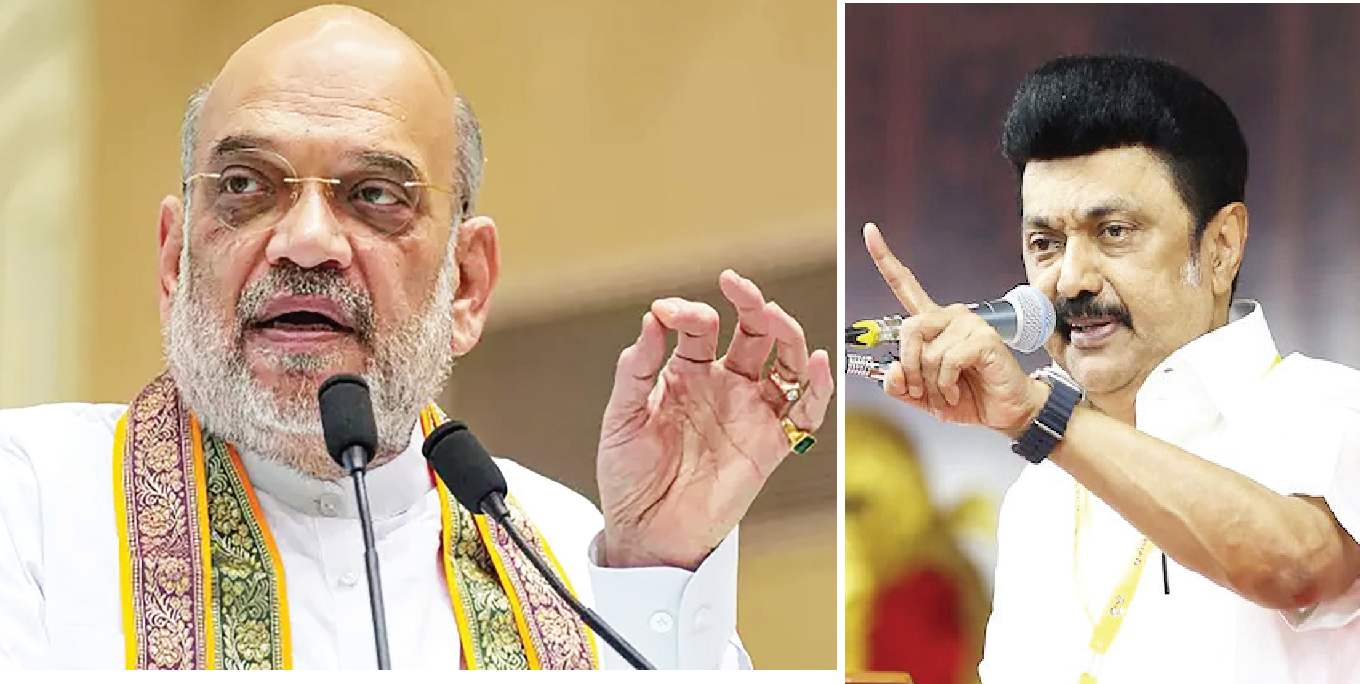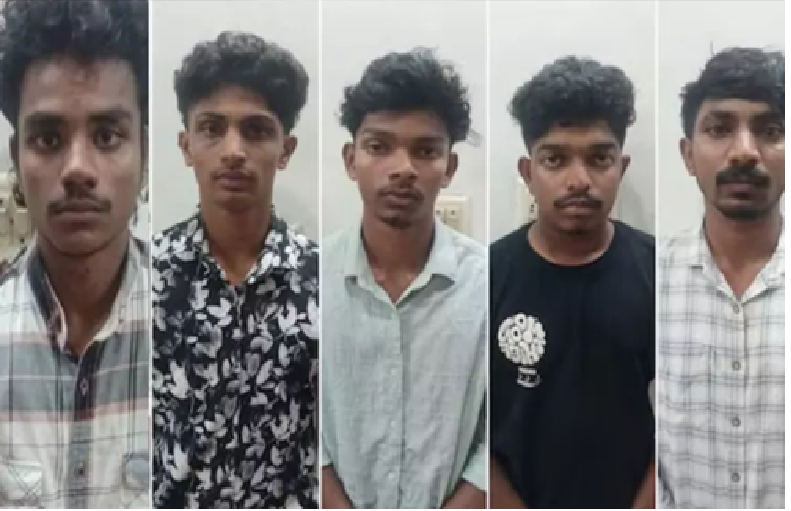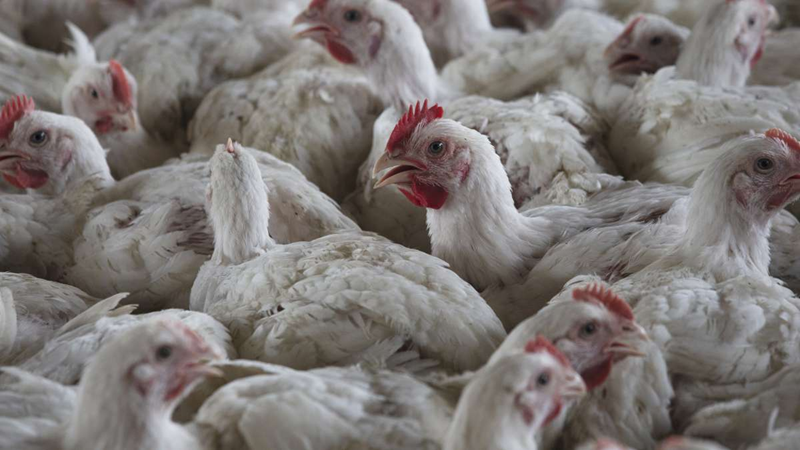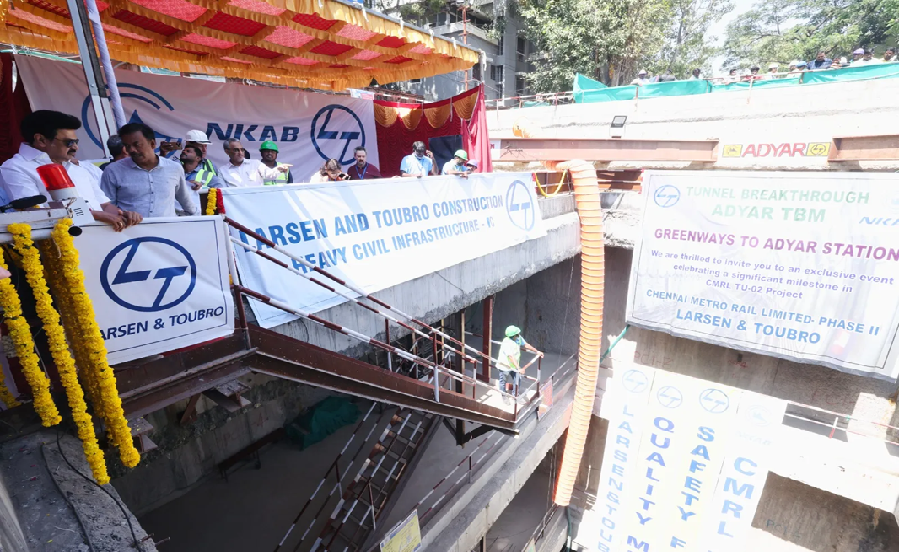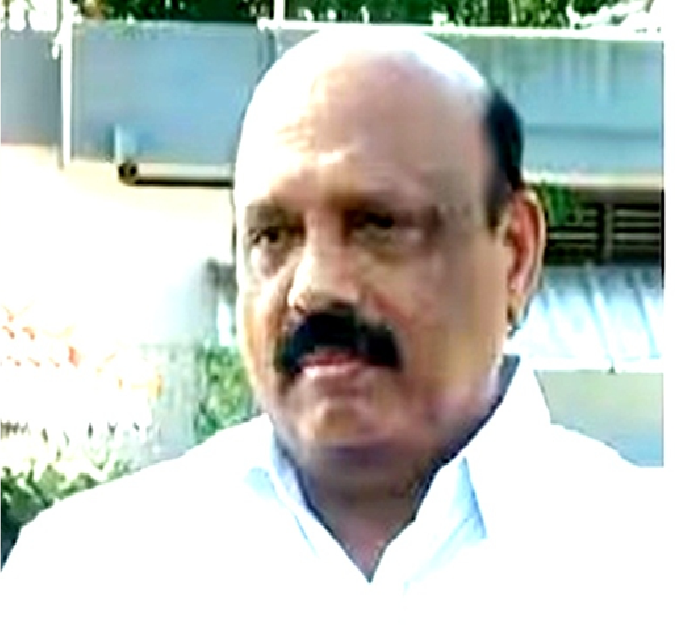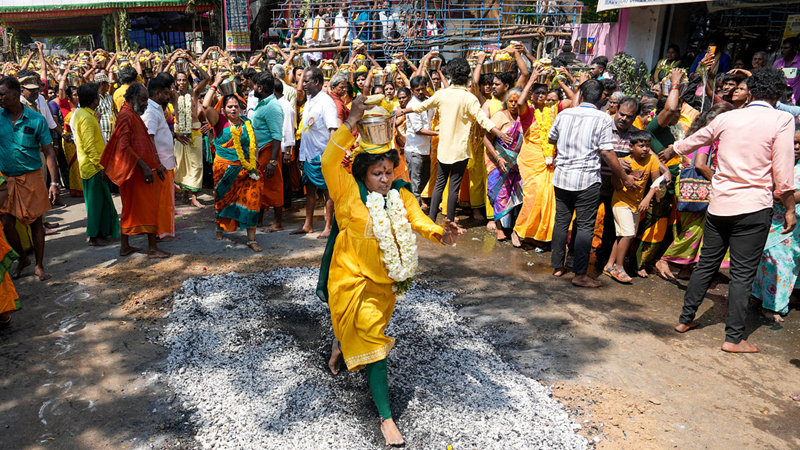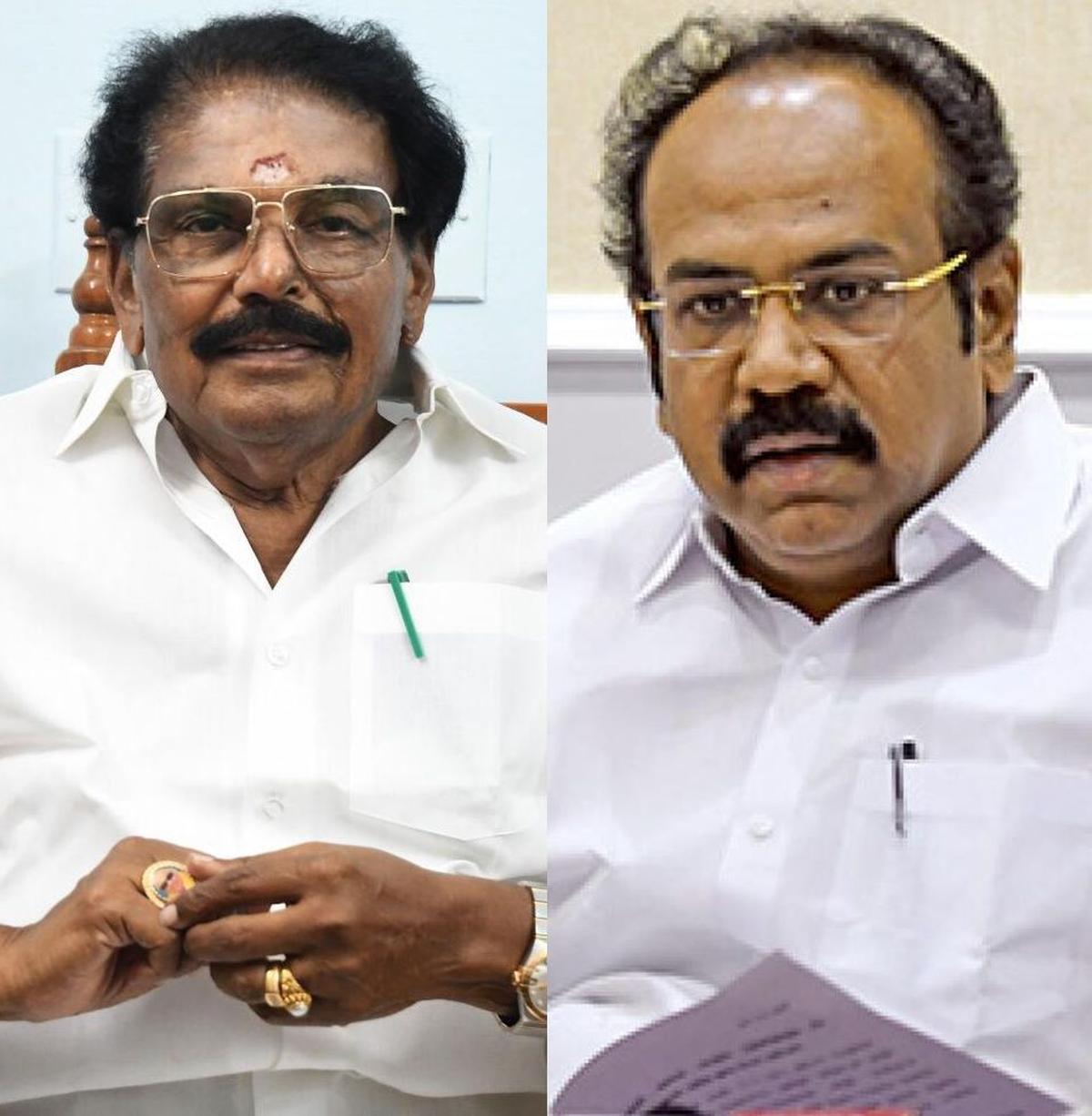
DA case: SC stays Madras HC order directing TN ministers’ trial
The Supreme Court on Friday imposed an interim stay on Madras High Court order setting aside trial court orders discharging Tamil Nadu Revenue Minister KKSSR Ramachandran and Finance Minister Thangam Thenarasu from disproportionate assets cases.
A bench of Justices Hrishikesh Roy and P K Mishra issued notice to the Tamil Nadu government on an appeal filed by the ministers. The matter is posted for hearing after four weeks. The apex court passed the order after senior advocates Kapil Sibal and Abhishek Singhvi, appearing for the parties in the case, argued that the procedure adopted by the High Court in setting aside the discharge in a suo motu criminal revision was not correct.
The lawyers submitted that the the high court, while exercising criminal revision, could not have held that the closure reports filed by the Directorate of Vigilance and Anti-Corruption (DVAC) were not acceptable. Tamil Nadu Advocate General Pattabhi Sundar Raman submitted that the Tamil Nadu government was planning to file a special leave petition against the order as it interfered with the findings of the DVAC.
Setting aside trial court orders discharging Ramachandran and Thenarasu from disproportionate assets cases, the Madras High Court had on August 7 directed the lower court to frame charges against them. Passing an order on the criminal revision petition, Justice N Anand Venkatesh set aside the orders of the Special Court for MPs and MLAs cases, Virudhunagar, dated July 20, 2023 and December 12, 2022 respectively, discharging Ramachandran and Thennarasu from the disproportionate wealth cases.
The ministers, both senior DMK leaders, have to face trial in the cases registered against them by the DVAC.
As prima facie materials were available to frame charges, the Special Court shall proceed to frame charges and thereafter proceed in accordance with law, the high court had said.
The high court judge said that one of the most striking aspects of the two cases was the meticulous manner in which the DVAC officials colluded with each other to ensure that criminal trials against two sitting ministers were "quietly and indecently buried within the precincts of the Special Court." The high court judge directed Ramachandran to appear before the Special Court on September 9. Thennarasu has to appear before the Special Court on September 11.
The high court judge said as the cases originated in 2011 and 2012, the proceedings of the Special Court shall be conducted on a day-to-day basis keeping in mind the directives of the Supreme Court in Vinod Kumar vs State of Punjab, and disposed as expeditiously as possible. "This Court has not examined or commented upon the merits of the case, which shall be decided by the Special Court on merits, without being influenced by any of the observations made herein above," the HC judge said.
Narrating various principles, the judge had said, the conclusion was that the orders of the Special Court deserves to be set aside on the short ground that it had committed a manifest jurisdictional error in discharging the accused in the face of relevant material, the correctness of which could not be the subject matter for inquiry at the stage of discharge.
Additionally, the very fact that the Special Court has not assigned a shred of independent reasoning was another reason warranting interference in exercise of revisional powers, he had added. What was evident was a clearly orchestrated plan, the judge had observed. Once the two ministers were back to power, the DVAC officials decided or were told by their higher ups to find ways and means to ensure that the prosecutions were "torpedoed," he had said.
"The perfect plan was thus drawn up. When the three accused persons filed an ostensible written argument, the DVAC, with all sincerity, received them with open arms and then hunted for material to back up the defence of the accused, culminating with the 'final closure report'," the high court had added.
What was striking was that the so-called written argument, the intimation for further investigation and final closure report were filed on the same day in both cases, the judge said.
 English daily published in Bengaluru & Doha
English daily published in Bengaluru & Doha

